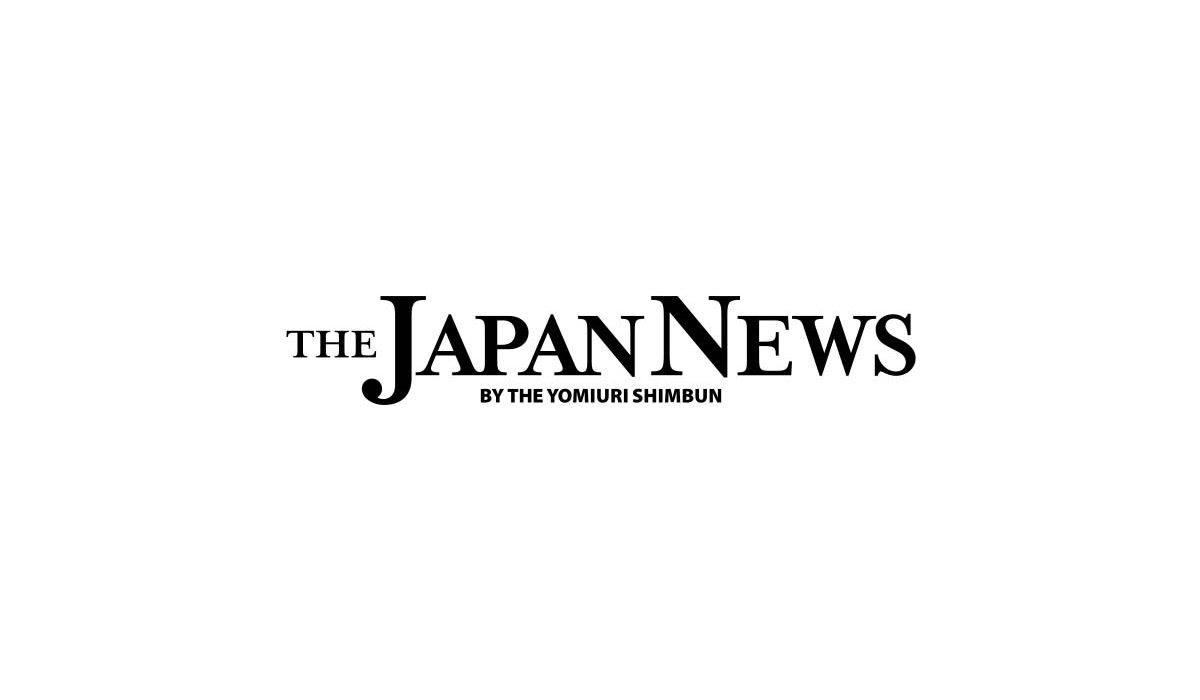17:00 JST, April 28, 2024
In making the handling of political funds transparent, there must be no difference between the ruling and opposition parties for the purpose of regaining public trust. The parties need to eliminate political maneuvering and discuss the issue in the Diet constructively.
The House of Representatives Special Committee on Political Reform, which was newly set up following recent violations of the Political Funds Control Law, has met for the first time. The ruling and opposition parties presented their reform proposals at the meeting. The focus is on whether the law can be amended before June 23 when the current Diet session ends.
The Liberal Democratic Party initially said that it would not draw up its own proposal but ended up doing so following instructions from Prime Minister Fumio Kishida.
The LDP proposal calls for requiring lawmakers themselves to check whether political funds reports prepared by their chief accountants are appropriate and then attaching letters of confirmation. The aim is to clarify the oversight responsibility of the lawmakers.
In case chief accountants are charged with irregularities in accounting, the proposal calls for the lawmaker for whom they work to face a suspension of their right to participate in elections and thereby lose their status as a Diet member if the lawmakers’ check was found to be insufficient, even if they issued letters of confirmation.
This proposal appears to be intended to make it easier to hold politicians accountable by preventing them from making the excuse that accounting procedures were left to their secretaries. But who will determine whether the procedures are properly handled? Can it be called healthy to leave such a decision to prosecuting authorities following accusations from citizen groups?
Meanwhile, the LDP has left the criteria for disclosing the purchasers of political fundraising party tickets and a review of policy activity expenses, which political parties provide to their lawmakers, as mere items for consideration.
Currently, the threshold for disclosing party ticket purchasers is set at more than ¥200,000 per occasion. Isn’t it at least necessary to review this figure and change it to more than ¥50,000 per year, the same as the yardstick for donations by individuals?
The LDP’s policy activity expenses, which are funded by donations from companies and people, amount to ¥1 billion a year. The ruling party is unlikely to gain the public’s understanding in the current situation unless it explains how such huge amounts of money have been used.
On the other hand, the Constitutional Democratic Party of Japan has called for a ban on political fundraising parties as well as donations from companies and organizations. It has also proposed expanding tax deductions for donations from individuals with the aim of making it easier for them to make political donations.
Compared with Western countries, the practice of individuals making political donations has not taken root in Japan. In fact, the CDPJ has seen such donations make up for only a small portion of its revenue, so the party currently relies mostly on political subsidies funded by taxpayers.
With little hope for an increase in donations by individuals in sight, how can funds necessary for political activities be secured if fundraising activities, including parties, are banned? Does the party assume that political subsidies, which total ¥30 billion a year, will be increased further?
(From The Yomiuri Shimbun, April 28, 2024)







